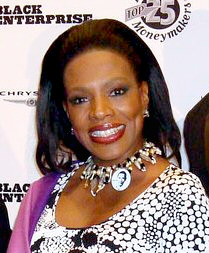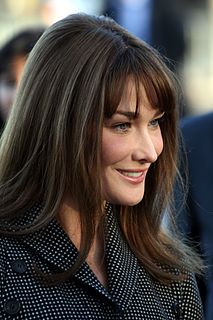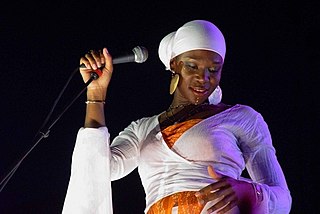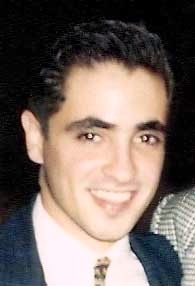A Quote by Chath Piersath
In This Body Mystery, even though it was written in the voice of people with HIV/AIDS, it's about how people come to accept their fate and their sickness. It's about accepting the way your life is.
Related Quotes
Many young people are not having safe sex because they think medicines will make everything okay. The thing about these medicines is that you often have to take them your whole life. They can be very aggressive chemicals for your body. Just because you don't hear of as many people around you dying from HIV/AIDS - just like how it was in the '80s and '90s - you can still die. I'd say to someone who's very young to protect themselves and protect their lives. There's nothing safer than not catching this virus. It's having something that never goes out of your system.
My first understanding of HIV and AIDS was like everybody else from my generation. In the mid-'80s, we heard about this, and it was terrifying, because we knew nothing about how to respond to it appropriately, and we didn't really understand about how the virus is passed. There was a lot of misconception about that.
There's so much stigma around HIV/AIDS. It's a challenging issue, and the people that already have been tested and know their status find it very, very hard to disclose their status, to live with that virus, and to even seek out the kind of information they need. This experience of going to South Africa a decade ago really woke me up to the scale of the HIV/AIDS pandemic in sub-Saharan Africa, how it was affecting women and their children. I haven't been able to walk away from it.
If people are encouraged to come out and say they're HIV-positive and they're given their treatments, then obviously, the people who are marginalized - like intravenous drug users, prisoners, people are made to feel less-than - if they're given the support of the government, and they're given the funding, then it's going to help solve the spread of AIDS and HIV in America.
ACT UP was trying to explain to Americans that AIDS could affect all of us: that health care that ended once your disease was expensive could affect more than gay men with HIV or AIDS. We were trying to tell them about the future - a future they didn't yet see and would be forced to accept if they failed to act.




































